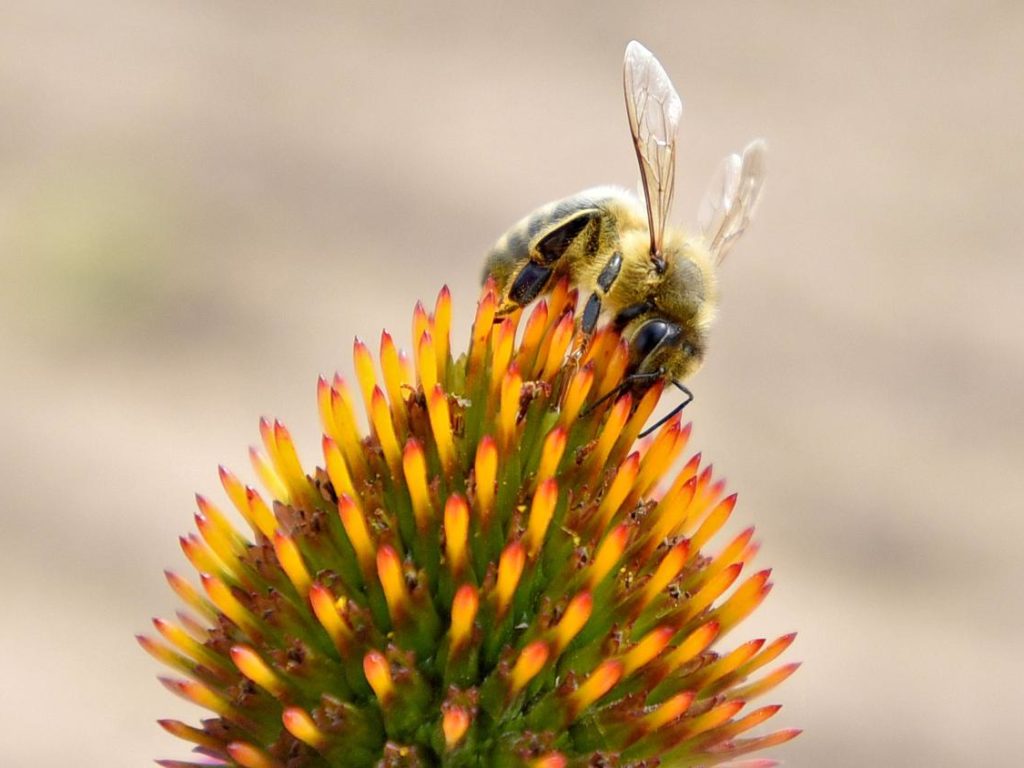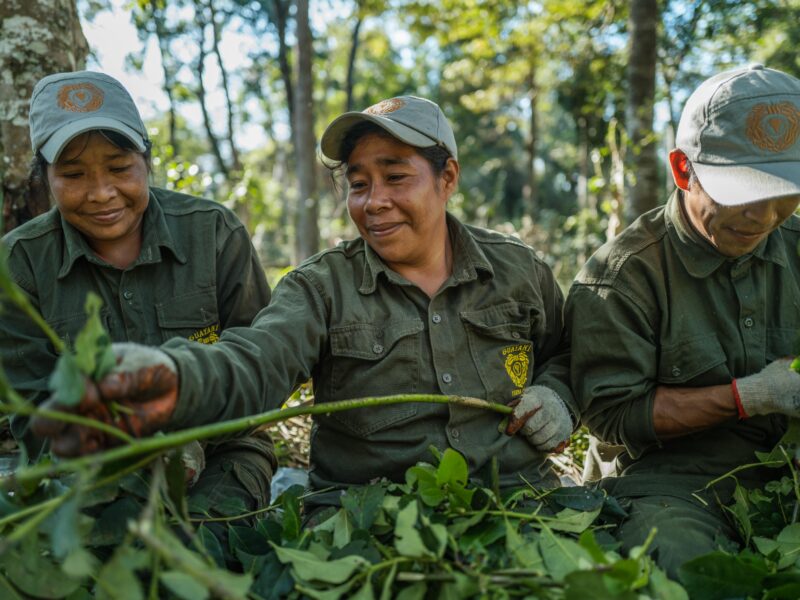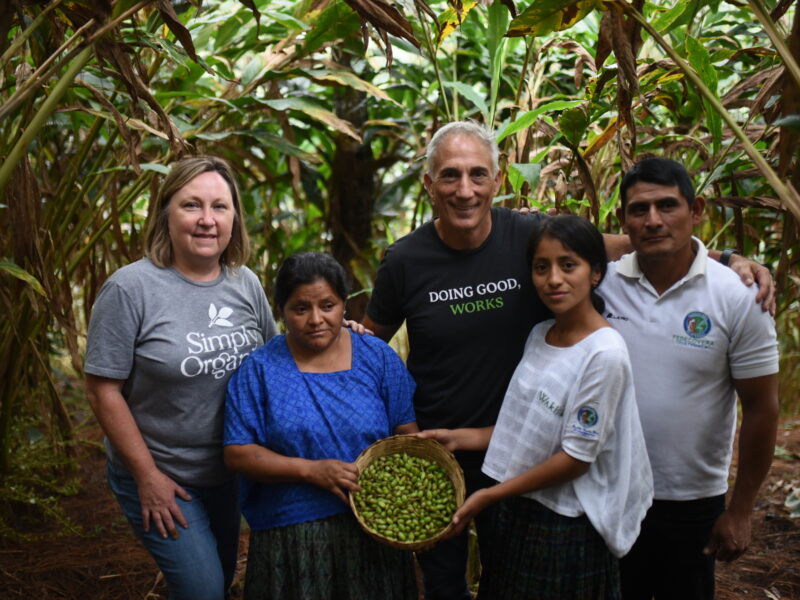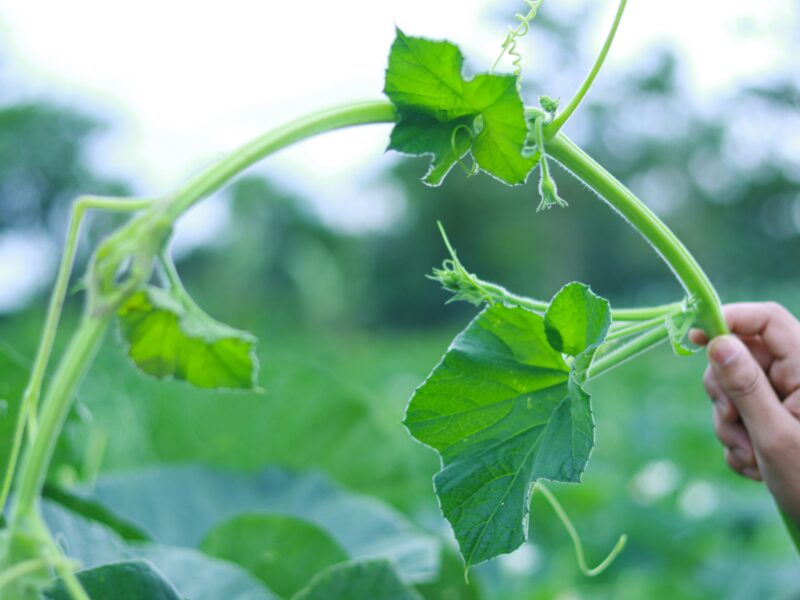A recent review published in Sustainable Earth concludes that organic food simultaneously improves public and environmental health by drawing attention to the importance of a plant-based, unrefined and chemical-free diet. Glyphosate is a potent, broad-spectrum antibiotic used widely around the world, most notably in the common weedkiller, RoundUp. While critics decry the links between glyphosate exposure and cancer and other health conditions, the International Agency for Research on Cancer stands by its decision to label glyphosate a probable carcinogen. A new analysis shows glyphosate, an herbicide that remains the world’s most ubiquitous weed killer, raises the cancer risk of those exposed to it by 41 percent. The Environmental Protection Agency reported last week that in 2018 it issued so-called “emergency” approvals to spray sulfoxaflor—an insecticide the agency considers “very highly toxic” to bees—on more than 16 million acres of crops known to attract bees. Also in pollinator news, in 2017, researchers discovered neonicotinoids in treated tap water. Neonicotinoids are the most widely used insecticide in conventional agriculture, and they’ve made headlines in recent years as they’ve been linked to rapidly declining bee populations. Urging political action on pesticide use is another way to help stem ‘collapse of nature.’ Buying organic food is a step people can take to curb the global decline in insects, according to leading scientists.
Exposure to glyphosate-based herbicides increases risk of non-Hodgkin lymphoma – new analysis
Glyphosate, an herbicide that remains the world’s most ubiquitous weed killer, raises the cancer risk of those exposed to it by 41%, a new analysis says.
Trump EPA OKs ‘Emergency’ to Dump Bee-Killing Pesticide on 16 Million Acres
The U.S. Environmental Protection Agency (EPA) reported last week that in 2018 it issued so-called “emergency” approvals to spray sulfoxaflor—an insecticide the agency considers “very highly toxic” to bees—on more than 16 million acres of crops known to attract bees.
Insecticide Compounds In Tap Water Harmful To Human Health
In 2017, researchers discovered neonicotinoids in treated tap water. Neonicotinoids are the most widely used insecticide in conventional agriculture, and they’ve made headlines in recent years as they’ve been linked to rapidly declining bee populations.
Buy organic food to help curb global insect collapse, say, scientists
Urging political action on pesticide use is another way to help stem ‘collapse of nature.’ Buying organic food is among the actions people can take to curb the global decline in insects, according to leading scientists.
Organic diets are healthier for humans and the environment
A recent review published in Sustainable Earth concludes that organic food simultaneously improves public and environmental health by drawing attention to the importance of a more plant-based, unrefined, and chemical-free diet.
How to Avoid Exposure To Glyphosate, The World’s Most Common Weedkiller
Glyphosate is a potent, broad-spectrum antibiotic used widely around the world, most notably in the common weedkiller, RoundUp. While links between glyphosate exposure and cancer and other health conditions are controversial, the International Agency for Research on Cancer stands by its decision to label glyphosate a probable carcinogen.









